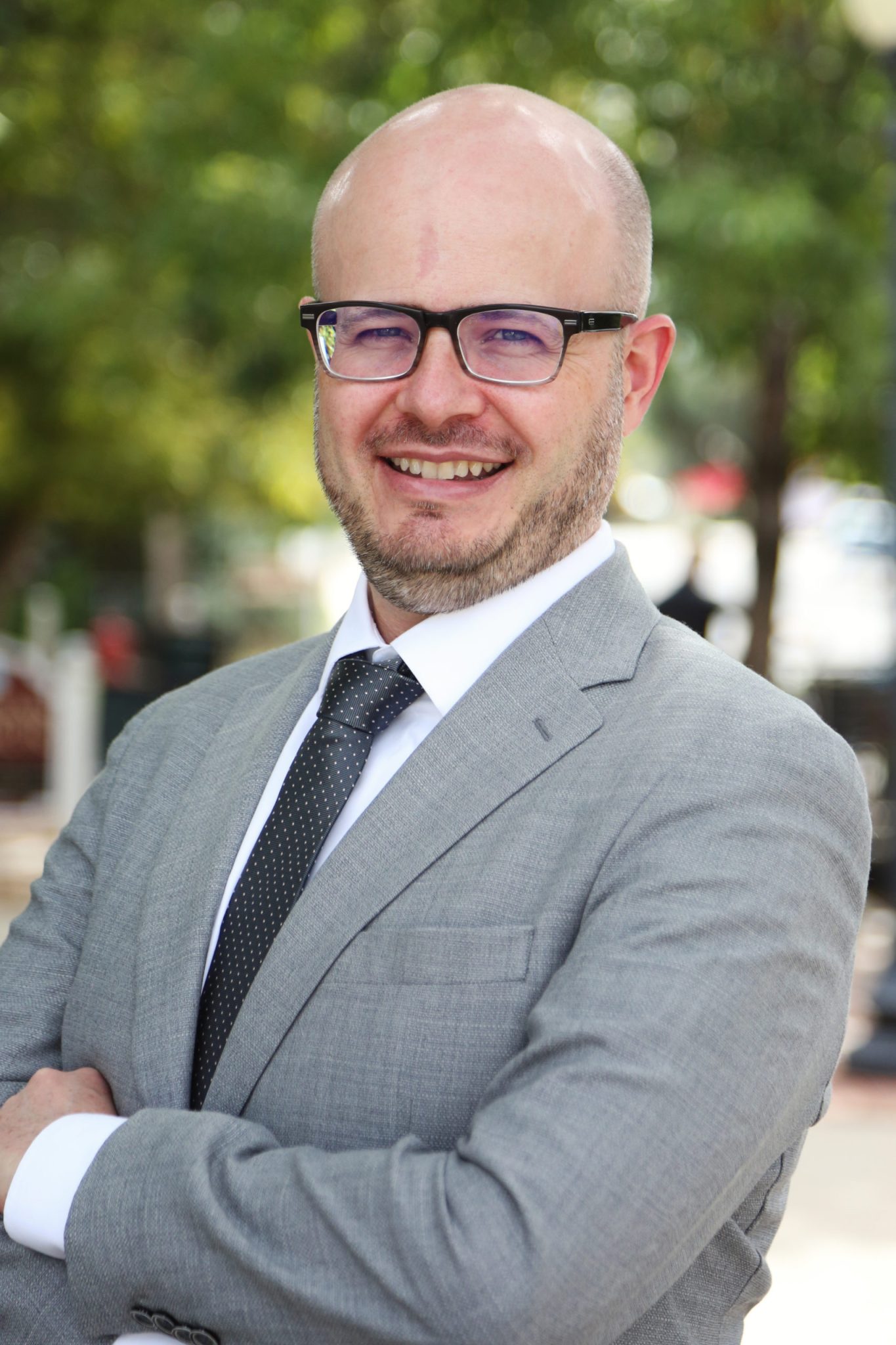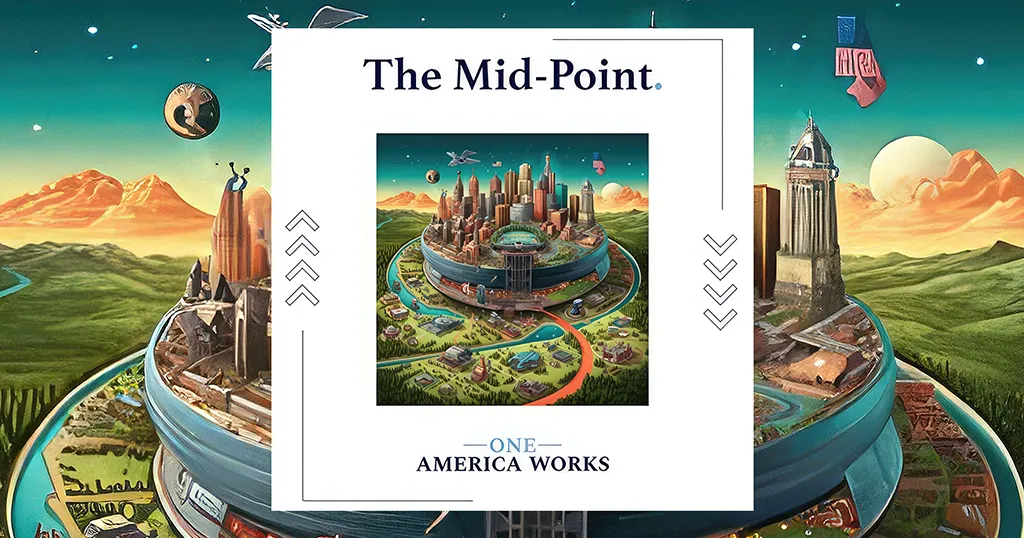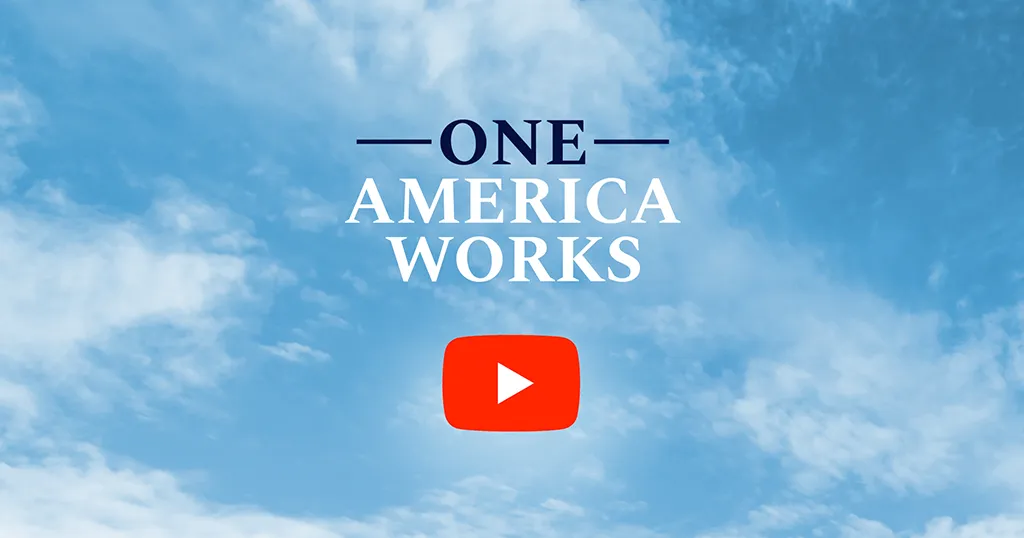Pittsburgh will always be proud to be the Steel City, but it’s also a rapidly rising center of technology investment and innovation.
That was the unmistakable conclusion of a recent gathering of tech entrepreneurs, city officials, venture capitalists and workers in the city’s innovation economy, which was co-convened by One America Works and the City of Pittsburgh on May 26.
“We are a tech city,” Pittsburgh Mayor Ed Gainey told the audience, “and it’s time we speak it boldly and pridefully.”
Mayor Gainey headlined a series of panels and question-and-answer sessions about how to build on the city’s strengths as a technology hub and make the tech sector an even bigger driver of its economy.
Those strengths include top-tier talent, world-class universities, high quality of life, strategic location and convenient access to other major business hubs by road and air.
But the uniqueness of Pittsburgh’s tech sector – what sets it apart from other cities that are magnets for innovative talent and investment – is still relatively unknown to many external audiences and was a major point of a discussion among attendees.
“Pittsburgh is a global anomaly,” Jennifer Apicella, program director of the Pittsburgh Robotics Network, told the audience. “We have 100-plus robotics organizations operating in this region. That is not only super rare, but incredibly powerful and influential.”
Tech firms doing business in Pittsburgh are also likely to have lower levels of staff turnover than traditional tech hubs like the San Francisco Bay area, said Mike Taylor, CPO and co-founder of Duality Robotics.
“Pittsburgh is a place that has a very different vibe,” Taylor said. “You don’t get hustlers that are worried about where they are going next. As an employer, that’s what you need. People that are going to stick around and have that sticktoitiveness and make your company successful.”
The business and civic leaders in attendance were also advised to stay true to Pittsburgh’s unique identity rather than try to mimic larger tech hubs.
“What’s working here is that we’re realizing that we should stand on our own strengths, rather than trying to be Anywhere Else,” said Kit Mueller, head of network for Rustbuilt, a Pittsburgh-based startup hub. “Being the next Anywhere Else is bullsh–.”
Another subject explored during the event was the role of technology investment in promoting diversity, equity and inclusion.
Will Allen, partner at Pittsburgh-based Magarac Venture Partners, told the audience about his firm’s focus on technology sector investments in the Midwest. Allen, a former safety with the Pittsburgh Steelers, also runs a non-profit that prepares high school students for tech-focused college studies with partners that include Carnegie Mellon University’s Robotics Academy.
In addition to its geographical focus, Magarac actively seeks out portfolio companies with diverse founders. “Inclusion, diversity access: That’s what my life is all about,” Allen said. “How do we bring people together to solve really big problems?”
By its nature, venture capital can promote equity by making investments across a diverse array of startup firms, Scott Shane, managing director with Comeback Capital – a venture investment firm that is also heavily involved in the Midwest’s startup ecosystem – told the audience.
Venture capitalists understand there’s a low likelihood of any single startup turning into a “really big win,” Shane said. “There have to be lots and lots of potential bets to support a whole ecosystem. That means, at the very beginning, that it is the equality of opportunity and the diversity of opportunity for everyone.”

Ensuring that tech sector growth brings broad benefits to Pittsburgh communities is a top priority for city officials, Mayor Gainey said.
“The billions of dollars we’ve invested to create an infrastructure for tech growth is incredible,” he said. “You can see the growth … but the reality is, if it’s not helping the people that’s been here forever, there’s going to be a divide – and we want to eliminate the divide as we brand ourselves as a tech city.”
Before the panel discussion, OAW’s leadership team held a briefing with city officials, business groups and nonprofits about the successful growth of the region’s tech sector and how to attract new investment to take things to the next level.
“I sincerely believe in Pittsburgh and the talent that you have here,” OAW founder Patrick McKenna said. “People outside of Pittsburgh didn’t know, but they’re starting to wake up to it now.”
McKenna concluded: “Mr. Mayor, with your vision of making Pittsburgh ‘the tech city,’ it’s ready. People are ready.”
Just a few weeks later, there was further confirmation of Pittsburgh’s rising status as a major center of tech innovation. Startup Genome’s Global Startup Ecosystem Report, released June 14, ranked Pittsburgh as one of the world’s fastest rising tech hubs. According to the report, the Steel City ranked 5th in North America and 13th in the world in the “emerging ecosystem” category.
“Tech isn’t the economy of tomorrow, it is the economy today,” Mayor Gainey said in a press release in response to the report, “and by working together with our regional partners we can ensure that the tech ecosystem in Pittsburgh can create pathways towards prosperity for everyone in our city.”

Simon Lomax
Research Fellow



